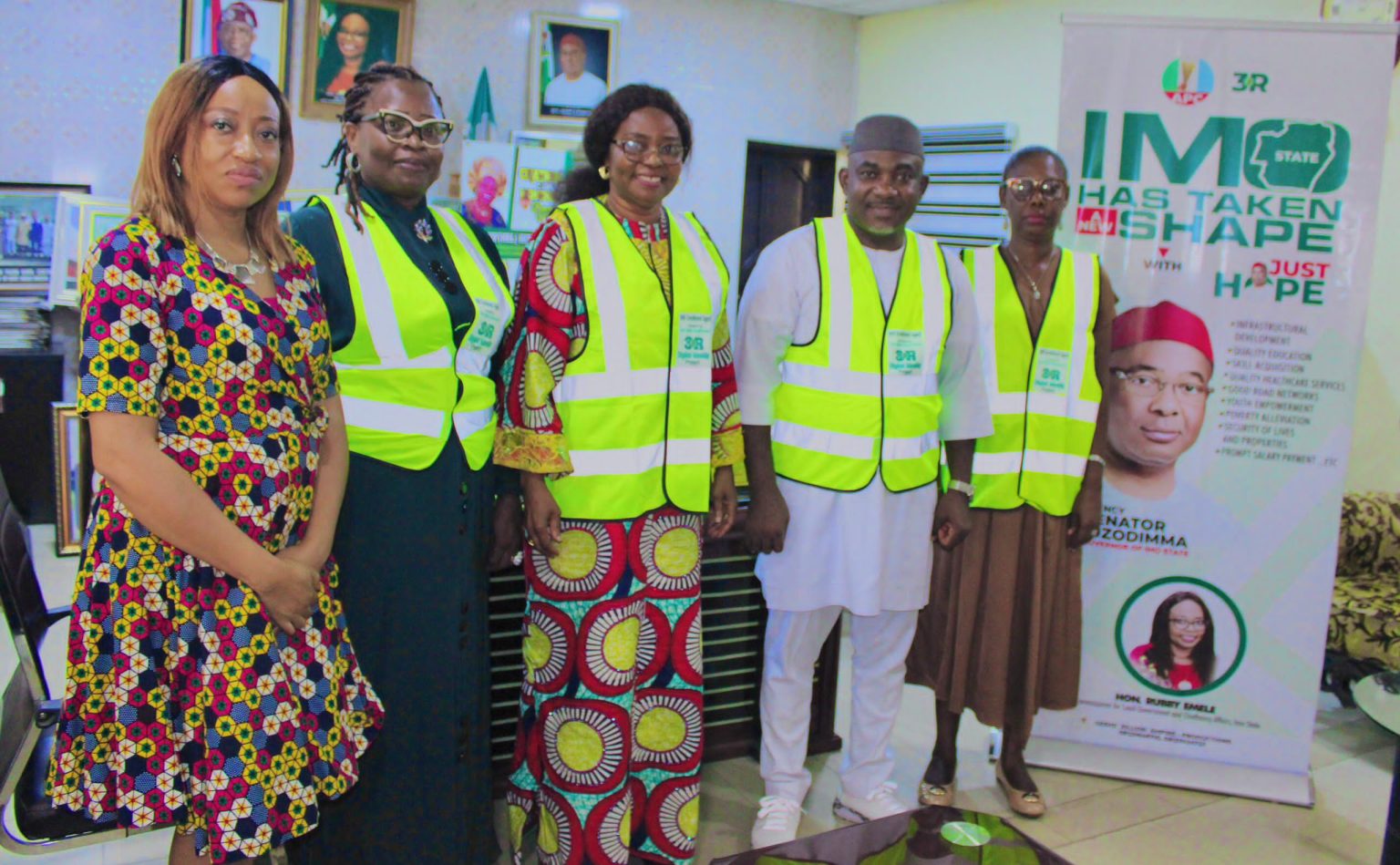The Imo State Ministry of Digital Economy and E-Government has initiated a partnership with the Ministry of Local Government, Community and Chieftaincy Affairs to address the low uptake of the National Identity Number (NIN) in the state.
This collaboration was announced during a courtesy visit by Dr. Chimezie Amadi, Commissioner for Digital Economy and E-Government, to his counterpart in the Ministry of Local Government, Community and Chieftaincy Affairs, Hon. Ruby Emele.
During the meeting, Dr. Amadi explained that the upcoming Imo Digital Identity Project aims to register more residents across the state, particularly in rural areas, where enrollment remained low.
“Imo State currently has the lowest number of registered citizens with NIN among the five eastern states,” he said.
“Out of the state’s five million residents, only about 1.5 million have been registered, with 80 percent of those enrolled living in urban areas.”
Dr. Amadi emphasised that obtaining a National Identification Number (NIN) is essential for citizens to access Federal Government social investment programs, as it ensures greater transparency and accountability.
He highlighted that many of these initiatives, introduced by the current administration, aim to support low-income and vulnerable populations. The commissioner stressed that limited participation in the NIN registration process could hinder Imo residents from benefiting fully from these opportunities.
“It is in response to these challenges and recognising the state’s financial losses by not fully leveraging federal loans and social investments that our visionary governor, Dist. Senator Hope Uzodinma, initiated the Imo Digital Identity project,” he stated.
The project will be executed in collaboration with the National Identity Management Commission (NIMC), which has already trained field officers for deployment in local government areas.
The field officers, drawn from the communities they would serve, will conduct registration exercises in public spaces such as town halls, markets and the palaces of traditional rulers.
“Our goal is to increase enrolment from the current 22 percent to 70 percent over the next six months; we recognise the importance of your ministry’s established social structures, which is why we are seeking your collaboration for the success of this initiative.”
Amadi also requested support from the Ministry of Local Government, Community and Chieftaincy Affairs to facilitate meetings with the chairmen and council leaders of the 27 local government areas.
He highlighted the need to secure their cooperation to ensure that the NIN registration project reaches every corner of the state.
In response, Hon. Ruby Emele expressed her ministry’s readiness to collaborate on the project. She acknowledged that the initiative aligned with her ministry’s mission to empower rural communities.
“The rural areas need support and we are ready to work with you to achieve this shared goal for the benefit of Imo State,” Emele said.
She assured Dr. Amadi that the local government chairmen and community leaders would be briefed and engaged to mobilise their communities for the NIN registration drive.
“You can count on our partnership,” Emele added warmly, highlighting the shared commitment of both ministries to the success of the project.
This strategic collaboration is expected to bridge the gap in NIN registration, ensuring that more residents, especially those in remote communities, are registered.
This helps in ensuring equal access to government services through digital platforms, fostering inclusivity and national development.

